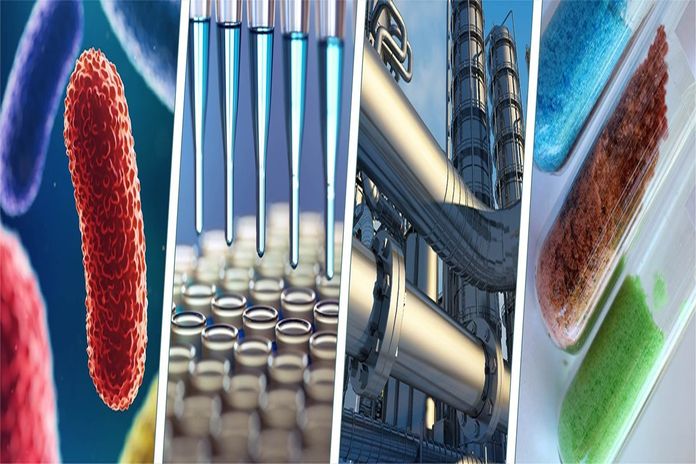GENEVA, Switzerland – The COVID-19 pandemic underscored the vulnerabilities of global supply chains, particularly impacting low- and middle-income countries’ (LMIC) access to essential medical products. The concentration of global manufacturing capacity in a few countries and regions exacerbated this disparity, highlighting the urgent need for equitable solutions.
Biological products, such as vaccines, and monoclonal antibodies, offer significant promise in combating global health challenges. However, the limited biomanufacturing capacity in LMICs and a shortage of a qualified workforce impede their production locally for national and regional health needs.
In response to the growing need, WHO is launching the Biomanufacturing Workforce Training Initiative. This initiative is coordinated by the Local Production and Assistance (LPA) Unit, on behalf of the Access to Medicines and Health Products (MHP) division at WHO, in close collaboration with the WHO Academy and WHO science division.
WHO Biomanufacturing Workforce Training Initiative aims to enhance bioproduction capabilities in LMICs by providing accessible and tailored training programs, aligned with WHO and international standards, and adapted to the evolving needs of the bioproduction sector. Coordinated and managed by Dr Jicui Dong, Unit head of the local production and assistance unit (LPA/RPQ/MHP/WHO) with close collaboration from the WHO Academy and WHO science division, this initiative will have three pillars: existing capacity building activities within WHO, the Global Training Hub for Biomanufacturing and regional training centers.
Organized by the LPA Unit, WHO’s capacity-building programs have been successful in providing innovative and needs-based technical assistance to manufacturers and Member States. These capacity building and technical assistance programs, including virtual and hands-on training sessions using real-life scenarios, have been instrumental in promoting sustainable and quality local production.
Such as:
- Annual Virtual cGMP Training Marathons for Vaccine Manufacturing
- The Week of Quality and other CMC trainings on vaccines and other medical products
- Regional holistic training workshops on key enablers for sustainable local production
The GTH-B, established in 2023 in collaboration with the Republic of Korea, offers training programs to LMICs to build workforce capacity in the development and manufacture of biological products such as vaccines and cancer medicines. The programs include hands-on training in manufacturing facilities and courses in manufacturing best practices and vaccinology.
Additionally, regional training centres, in line with the recommendations of the 2nd World Local Production Forum (WLPF), will further enhance geographical diversity and resource synchronization.
Expressions of interest for regional training centres to join the global network under the Biomanufacturing Workforce Training Initiative will be invited in the near future.







